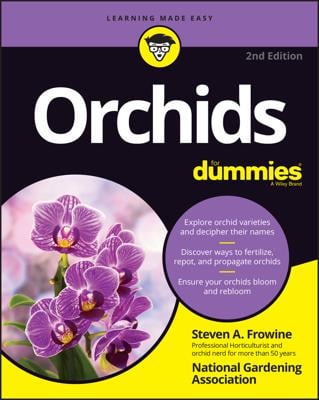Successful rose gardeners are good observers. Check your roses daily for harmful insects and common rose diseases. If you find either, pesticides exist that are effective, are pretty safe to use, and have a mild impact on the rest of your rose garden's life forms.
In general, these products are short-lived after you use them in the garden — that's what makes them good. But to get effective control, you have to use them more frequently than you do stronger chemicals.
Here are some to consider:
- Biological controls: This pits one living thing against another. Releasing beneficial bacteria is an example of biological control. The most common and useful to rose growers are forms of Bacillus thuringiensis, or Bt, which kills the larvae of moths and butterflies (caterpillars). However, some strains of Bt control other types of pests. One type (sold as milky spore) kills the larvae of Japanese beetles.
- Botanical insecticides: These insecticides are derived from plants. The following two are especially useful against rose pests.
• Neem kills young, feeding insects and deters adult insects, but it is harmless to people. Neem works slowly and is most effective against aphids and thrips, but it also repels Japanese beetles.
• Pyrethrin is a broad-spectrum insecticide, which means that it kills insects, both good (spray late in the evening to avoid killing bees) and bad. But this insecticide kills thrips and beetles quickly; breaks down rapidly in sunlight; and has low toxicity to mammals, which means that it's essentially harmless to people, pets, and the environment.
•Pyrethroids are synthetic compounds that resemble pyrethrins but are more toxic and persistent. Consequently, avoid pyrethroids for home garden use.
- Horticultural oils: When sprayed on a plant, these oils smother pest insects and their eggs. They are relatively nontoxic and short-lived. Two types exist:
• Dormant oils are sprayed on roses when they are leafless in winter. These oils are often combined with a fungicide to help kill wintering disease spores.
• Summer oils usually are thinner than dormant oils. They can be used on roses during the growing season, as long as the plants have been well watered and temperatures are not above 85 degrees F.
- Insecticidal soaps: These kill soft-bodied pests like aphids, spider mites, and whiteflies. They can also be effective against Japanese beetles. They work fast, break down quickly, and are nontoxic to humans. Soaps sometimes burn tender foliage.
- Baking soda (sodium bicarbonate): This is a popular mildew remedy (partially effective against black spot). Mix 1 rounded tablespoon of baking soda with 1 tablespoon of summer oil in a gallon of water. Apply weekly to well-watered plants. Baking sods can also burn leaves, so apply early in the morning and not at all during really hot weather.
- Antitranspirants: When sprayed on plant foliage, antitranspirants form a thin, waxy layer that prevent fungal disease from invading the leaves. Antitranspirants don't kill disease, but they may prevent one from getting worse.

